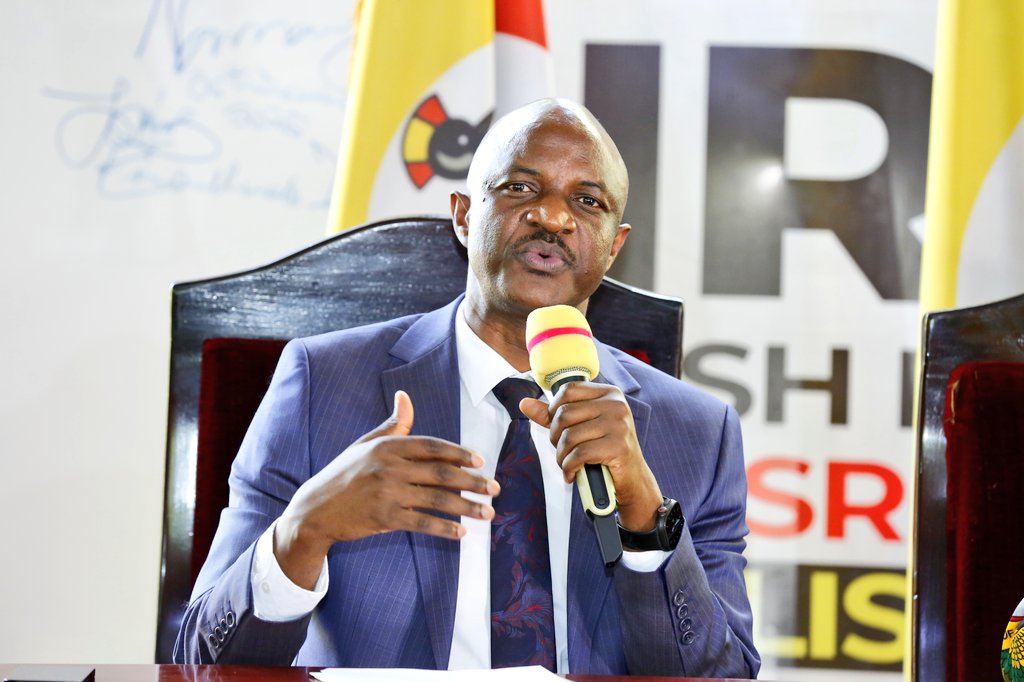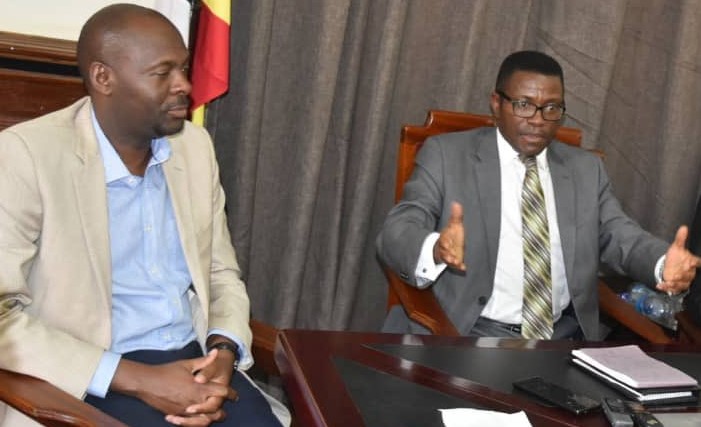The minister of state for Microfinance, Haruna Kasolo Kyeyune, has commended Stanbic Bank Uganda for its innovative FlexiPay platform, saying it has significantly advanced the country’s financial inclusion agenda.
Speaking during the 3rd National Microfinance and Savings Group Conference at Hotel Africana, Kasolo said FlexiPay has become a key driver in bridging the gap between Uganda’s banked and unbanked populations, particularly among small business owners, young people, and rural communities.
“Platforms like Stanbic Bank’s FlexiPay have simplified access to financial services for ordinary Ugandans,” Kasolo said.
“Through such digital platforms, people can send, receive and save money with ease, even without holding a traditional bank account. This is exactly what financial inclusion should look like, practical, accessible, and empowering.”
Kasolo urged other financial institutions to adopt similar innovations that promote inclusion, transparency and economic growth.
“Financial inclusion is not just about access; it’s about empowerment. When citizens can save, invest and transact easily, the entire economy benefits,” he added.
Introduced by Stanbic Bank Uganda in 2019, FlexiPay is a digital wallet that enables users to make cashless payments, pay bills, buy airtime and transfer money across networks and banks at affordable rates.
Last month, FlexiPay and Pearl Bank’s Wendi platform joined forces to create Uganda’s largest interoperable digital finance network, linking nearly two million users and thousands of agents across the country.
The collaboration aims to expand financial inclusion by combining the two institutions’ nationwide networks, allowing financial services to reach deeper into rural and peri-urban areas — especially among women, young people and farmers who have traditionally been underserved.
Delivering a keynote address at the conference, Stanbic Bank Chief Executive Mumba Kenneth Kalifungwa said the partnership with Pearl Bank aligns with the bank’s purpose: “Uganda is our home; we drive her growth.”
“We developed FlexiPay to respond to the real financial needs of Ugandans,” Mumba said. “By leveraging technology, we are making it easier for people to transact securely, grow their businesses and participate in the digital economy.”
FlexiPay currently has a distribution network of more than 17,800 agents serving over half a million retail and merchant wallets across the country.
It also supports hundreds of Savings and Credit Cooperative Organisations (SACCOs) as part of Stanbic Bank’s wider financial empowerment programme.
Mumba said the bank has committed to mobilising up to Shs 1 trillion over the next three years to support women entrepreneurs, young people and smallholder farmers.
“When we empower these groups, we strengthen families, drive innovation, boost food security and build resilient communities,” he said.
According to the National Financial Inclusion Strategy (2023–2028), access to formal financial services in Uganda has improved from 52% in 2013 to 68% in 2023, largely driven by mobile and digital innovation, according to Financial Sector Deepening (FSD) Uganda.
However, many rural Ugandans particularly women, young people and farmers remain excluded from the formal financial system.
Uganda’s overall financial inclusion rate continues to improve, with digital banking and mobile money platforms playing a major role in driving this progress.







